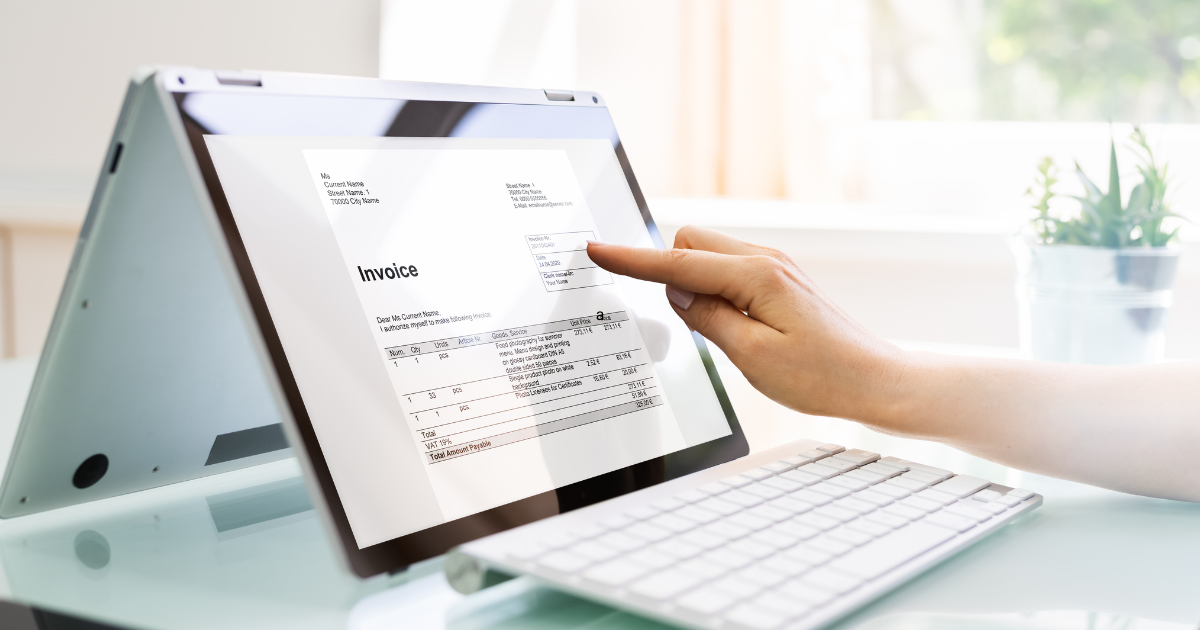How to Ensure You Get Paid on Time: 6 Simple Steps
Managing cash flow is one of the biggest challenges for business owners, especially when dealing with clients who are not prompt in paying their bills. Unpaid bills can cause major disruptions in your cash flow and ultimately impact your business's profitability. Therefore, it's essential to take proactive measures to ensure that you get paid on time. By implementing the right strategies, you can avoid the frustration of chasing late payments and focus on growing your business.
In this how-to guide, we’ll provide you with six simple steps to help you protect your business from clients who don’t pay on time. These steps include reviewing your payment terms, avoiding firm tactics with regular customers, credit-checking all new clients, focusing recovery ‘power’ in the right hands, setting payment terms at the sale, and setting a collection policy. By following these steps, you can establish a strong foundation for your accounts receivable and minimize the risk of unpaid bills disrupting your cash flow.
- Review your payment terms
Re-assess your payment terms based on market conditions. Consider putting new clients on tighter payment terms on a trial basis with a review to follow. - Avoid firm tactics with regular customers
Try to cooperate and communicate with your regular clients who normally pay on time versus a heavy hand. Be ready with options for part payment or a suitable suspension of supply. - Credit check all new clients
Have a credit check done on all new clients to ensure that they pay their bills on time. - Focus recovery ‘power’ in the right hands
Avoid having your service staff turn into debt collectors. Give the job of follow-up to one person, along with guidelines for action and full support. - Set terms at the sale
The best time to outline payment terms is when you close the sale. Outlining credit expectations early sets the right tone and foundation for later account follow-up if necessary. - Set a collection policy
Create a collection policy that includes steps to take after 7 days, 14 days, 21 days, and 30 days. Suitable options such as part payment or installment payment should be considered in line with this schedule.
By following these six simple steps, you can take preventative measures to ensure that you get paid on time and avoid wasting costs and energy spent to collect.

Article by Jennifer Walsh, CPB
Jennifer Walsh has been a bookkeeper for over 20 years and she's loved every minute of it. She loves helping business owners reach their financial goals so they can live the life they love, without having to worry about the numbers.




